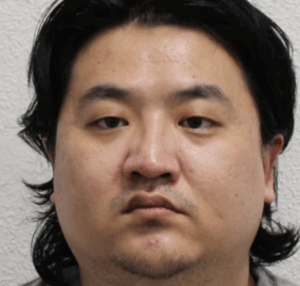In a significant development to safeguard national security, former UK Armed Forces personnel engaged in training foreign militaries abroad can now face prosecution under new provisions within the National Security Act. This step follows revelations that a group of ex-Royal Air Force, Royal Navy, and Army pilots had been providing training to the Chinese People’s Liberation Army Air Force through contracts with a private South African company.
The Ministry of Defence (MoD) had previously raised alarms about these activities, emphasising the attraction of high salaries and the potential risks associated with sharing sensitive military information. With the implementation of the new Act, this concern has been addressed through several key provisions, including Section 1, which deals with ‘obtaining or disclosing protected information.’ Importantly, the Act broadens the definition of ‘information’ to encompass tactics, techniques, and procedures.
Under these new legislative powers, pilots and former military personnel can be prosecuted for sharing such classified information with foreign powers. Once these measures come into force, the MoD will have the authority to share pertinent information with police forces, empowering them to investigate offences falling under the National Security Act.
Defence Secretary Grant Shapps highlighted the government’s commitment to protecting UK interests, stating, “Anyone found to be acting against the UK’s interests by training our competitors’ militaries can now expect to be pursued and brought to justice. The government has acted decisively following the identification of this threat and has made rapid changes to legislation to help shut it down.”
Since the initial security alert, the MoD has observed that increased publicity surrounding these activities has succeeded in dissuading some pilots from participating and has also encouraged others to reconsider their involvement. Recognising the need for further measures to disrupt this practice, the inclusion of such activity within the National Security Act was deemed essential to enable criminal charges against those involved.
In addition to legislative action, the UK government has been working closely with its allies to collectively address similar activities involving former military personnel training foreign forces. The goal is to combat this issue on an international level.
Security Minister Tom Tugendhat emphasised the evolving threats from foreign states, including attempts to solicit national secrets from ex-Armed Forces personnel. He explained that the National Security Act equips law enforcement and intelligence agencies with the tools needed to address these security challenges effectively and hold those responsible to account.
The National Security Act, enacted in July of this year, introduces comprehensive measures to modernise counter-espionage laws and tackle evolving threats to national security. It strengthens the UK’s ability to deter, detect, and disrupt activities that jeopardise its security, encompassing espionage, foreign interference, sabotage, and acts that endanger life.
The UK’s approach to addressing challenges posed by states like China, marked by increasing assertive behavior, has been outlined in recent government documents, emphasising heightened national security measures and deeper cooperation with international partners.
Military personnel with concerns or knowledge of suspicious activities are encouraged to utilise the MoD’s confidential crime line to report such matters.





































